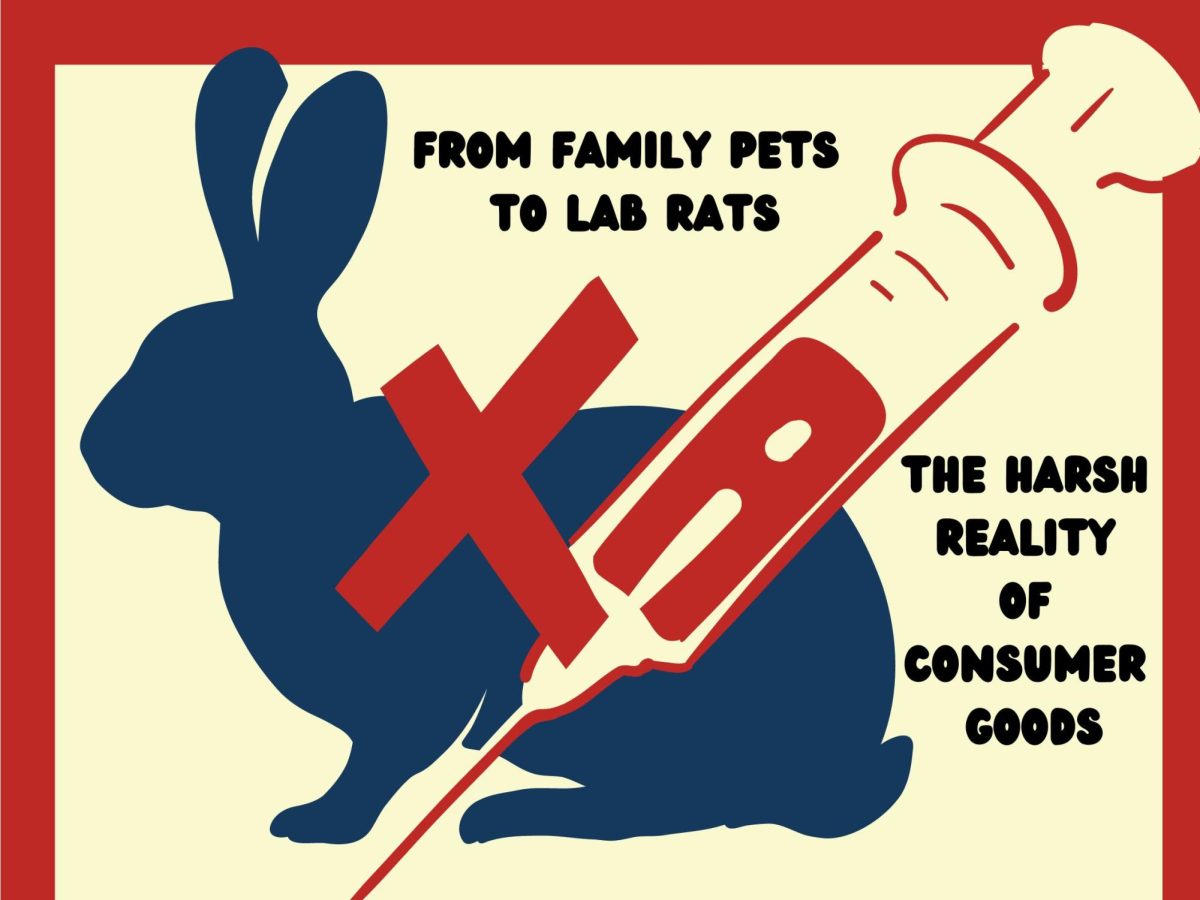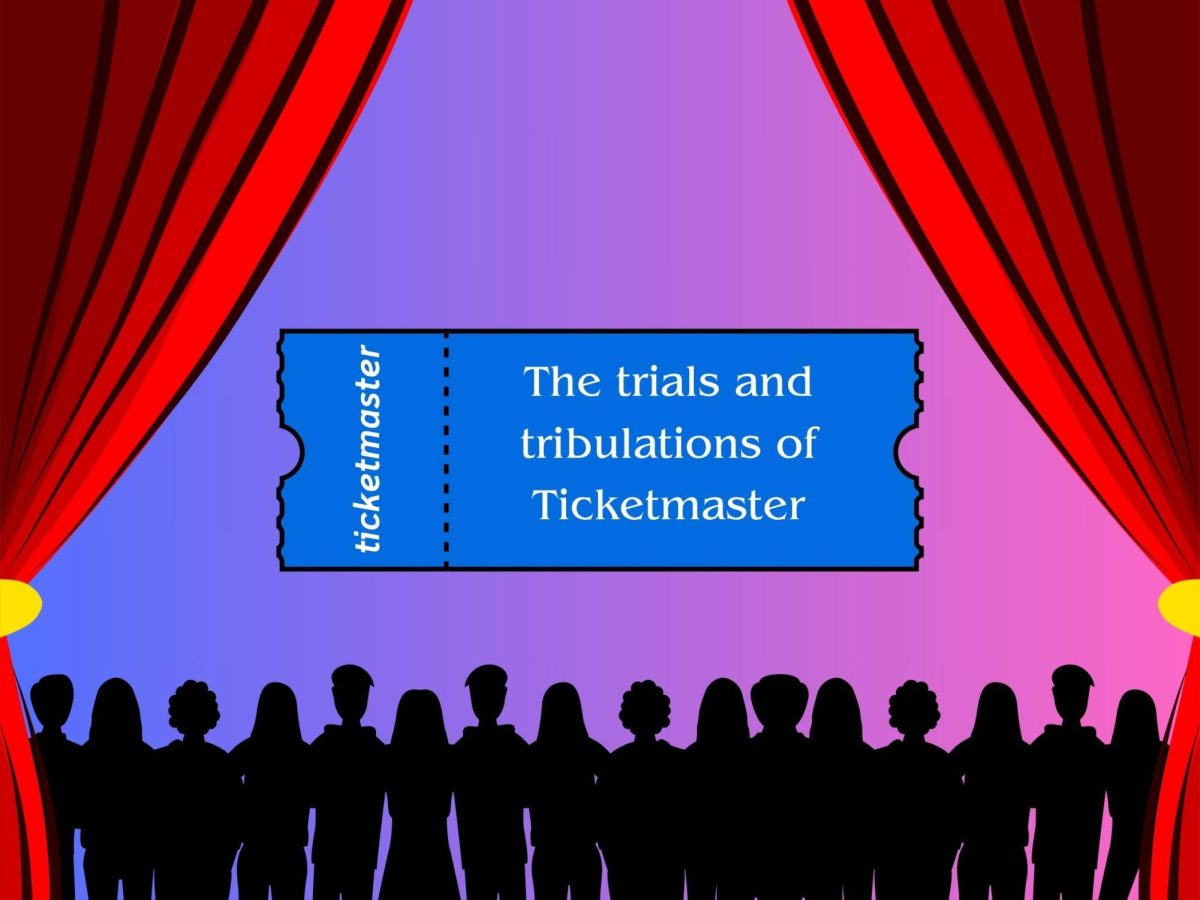Each year, laboratories in the United States experiment on nearly 50 million animals, including mice, birds, cats and dogs, all for human benefit. Institutions engaging in these practices include chemical, pesticide and drug companies that utilize animal testing to determine the safety of their products for human use. Despite subjecting animals to numerous tests that cause physical harm, manufacturers continue to provide consumers access to purchase these goods. Furthermore, the safety of a product tested on an animal’s health, remains uncertain because it does not guarantee products to become safe for human use. The consequence of animal testing leads to countless days of suffering and loneliness for helpless animals. Currently, global organizations, such as Be Cruelty-Free and Save Ralph, bring attention to the dangers of cosmetic testing; this enlightenment has led countries to pass laws that completely ban cosmetic testing on animals.
Through the ongoing debate of whether animal testing should remain legal, animal experimentation allows researchers to find cures for various conditions. These tests allow researchers to discover ways to prevent and treat high blood pressure, diabetes and tuberculosis. Researchers believe that humans and animals share a multitude of genes and diseases, which leads to various medicines and upcoming treatments to result in beneficial findings for scientists. Due to similar genetics between humans and animals, experiments that treat conditions, such as diabetes in animals, create treatments for humans as well. Although animal experimentation seems necessary for human life, countless research remains unjustified when it comes to morality. Numerous institutions believe that such research brings major advantages to human health, enough to outweigh any animal suffering.
“I think testing on animals prevents possible negative effects in humans because any flaws in a product are corrected before being sold to customers. In a way, it’s almost like a chain of command because it starts out on a small creature rather than potentially risking valuable human lives. I do, however, morally disagree with the way testers choose to conduct their procedures because I believe there are numerous other ways to test products without harming any animals,” magnet sophomore Nadia Guthrie said.
Animals not only become test subjects for cosmetics but also for medicinal purposes. Specifically, dogs forcefully partake in experiments to examine the ways that different substances impact human organ function. These experiments affect a dog’s heart, lungs and kidneys, and induce organ failure. Pregnant rabbits serve as the dominant animal to research and test due to their miniature size, gentle mannerisms and ease to handle. Scientists force-feed toxic pesticides to rabbits for weeks on end to discover the way child-bearing mothers’ bodies would react if exposed to pesticides. Millions of animals a year experience excruciating pain during lab experiments due to animals not receiving pain medication prior to experimentation in fear of the drug affecting the results.
“I think testing human goods on animals is morally wrong because most of those products are not good for us. For scientists to test it on animals before making it suitable for us definitely harms and even kills animals. Because of this, I support cruelty-free products by buying more of them and suggesting them to others,” magnet sophomore Justina Stewart said.
The cruelty of animal experimentation brought rise to global campaigns and alternatives to animal testing. An alternative to animal testing includes Human Organs-on-Chips, which consists of microfluidic devices lined with living human cells for drug development, disease modeling and personalized medicine. Human Organs-on-Chips recapitulates the structure and functions of living human organs to successfully test the safety of new drugs and other medicines in humans. Also, organizations such as the Fund for the Replacement of Animals in Medical Experiments (FRAME) program allow the scientific community to develop human-based testing methods to replace laboratory animals. Currently, a multitude of researchers use the 3Rs: replacement, reduction and refinement, to protect the health of helpless animals all around the world.















